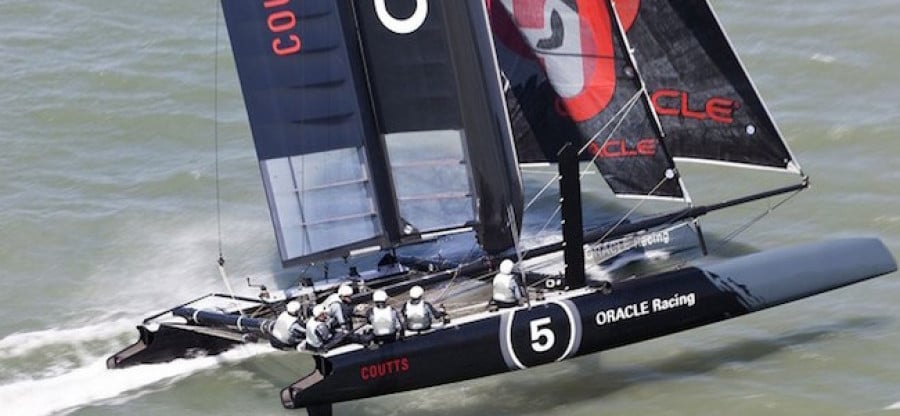Sailing through sports disciplinary proceedings

The recent decision1 of the Court of Arbitration for Sport (CAS) in Dirk de Ridder (D.) v International Sailing Federation ( ISAF)2 is another recent example of how sports tribunals deal with corruption or cheating in sport, whilst setting out instructive guidance about fairness in sports disciplinary proceedings generally.
The case concerned the appeal of the professional sailor D., a former member of the Oracle Team USA (OTUSA)3 against the decision of the ISAF4 to ban him from sailing activities under ISAF rules for a period of 3 years.
Background
D. had been found guilty of gross misconduct by an America’s Cup Jury for instructing someone in his team to illegally add weight to the forward king post of one of the OTUSA boats during the Newport Regatta stage of the last America’s Cup World Series. The illegal tampering with the boat was allegedly done to improve its performance and led (along with other discoveries of cheating) to OTUSA withdrawing from the Regatta stages entirely and being subject to a penalty in the main competition.
The Americas Cup Jury banned D. from taking any part in the 34th America’s Cup in 2013. ISAF also concluded D. had breached its rules and banned him from participating in ISAF activities for 3 years.
Appeal
The appeal to CAS was by way of a ‘de novo’ appeal hearing (i.e. starting from afresh). Even though there had been a lengthy hearing with numerous lawyers before the America’s Cup Jury, and various ISAF hearings, the CAS Rule 575 provided for a full re-hearing and so the CAS panel heard evidence from the key witnesses and determined the allegations afresh.
Findings
The distinguished panel found (by a majority) that they were comfortably satisfied D. had given instructions to add weight to the forward king post of the boat in breach of the rules (para. 1296), and the finding on liability was upheld. D. did succeed, however, in having his ban reduced from 3 years to 18 months.
In terms of its approach to cheating and corruption cases generally, CAS confirmed (at para. 1147) that the correct standard of proof was that of ‘comfortable satisfaction’ and not the higher ‘beyond reasonable doubt’ standard D. had asserted (but higher than the normal civil ‘balance of probabilities’ standard).
This is hardly surprising; it reflects the long established CAS jurisprudence in doping cases. The ‘comfortable satisfaction’ test is fast becoming the norm for corruption cases globally, and even gradually in the UK, despite the concept being a slightly ‘foreign’ one to British lawyers.
To continue reading or watching login or register here
Already a member? Sign in
Get access to all of the expert analysis and commentary at LawInSport including articles, webinars, conference videos and podcast transcripts. Find out more here.
- Tags: Americas Cup | Arbitration | CAS Code | Court of Arbitration for Sport (CAS) | Disciplinary | Governance | International Sailing Federation (ISAF) | Regulation | Sailing
Related Articles
- Sailing, Dirk De Ridder suspension reduced to 18 months by the Court of Arbitration for Sport (CAS)
- The Football Associations of Albania and Serbia file appeals at the Court of Arbitration for Sport (CAS)
- Case Backstrom, WADA, IOC & IIHF: Appeal proceedings before CAS concluded
- Result of an appeal (O'Regan) heard by the Disciplinary Panel on Thursday 15 January
Written by
Nick De Marco KC
Nick is rated a leading silk in Sports Law and is a member of Blackstone Chambers.
He has advised and acted for a number of sports governing bodies, athletes, most Premier League football clubs and many world-class football players in commercial and regulatory disputes.

 Global Summit 2024
Global Summit 2024